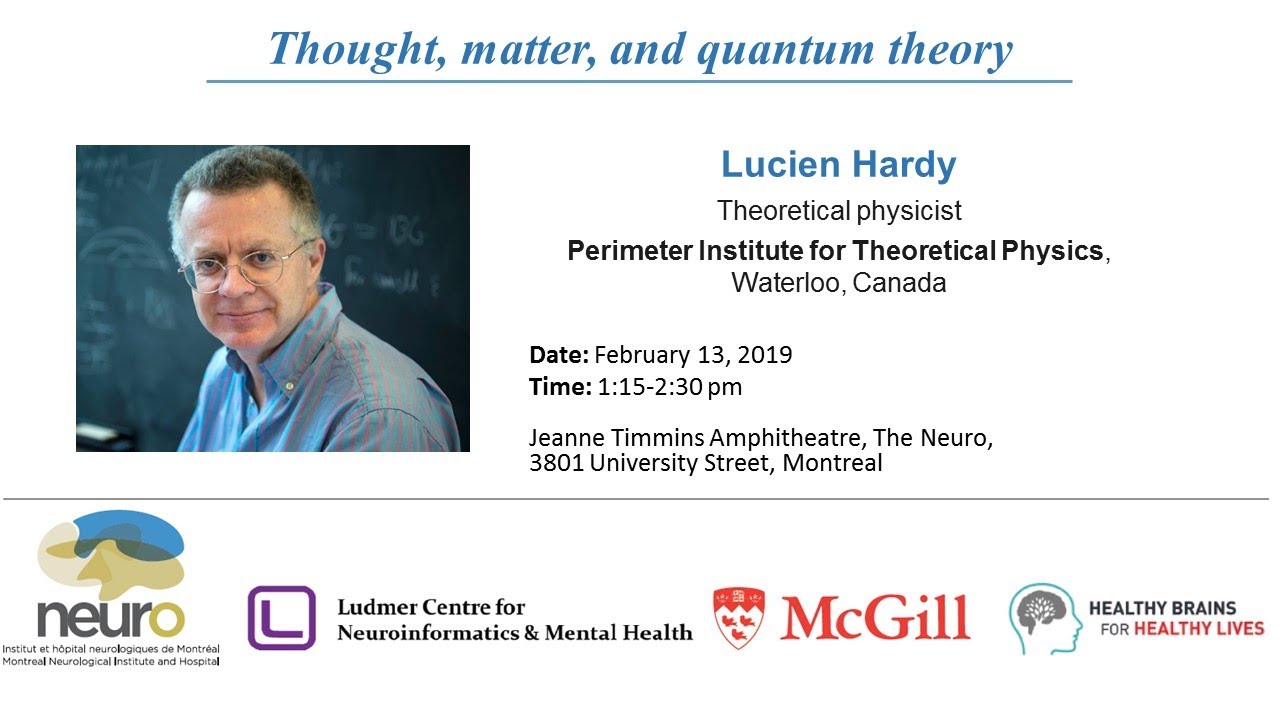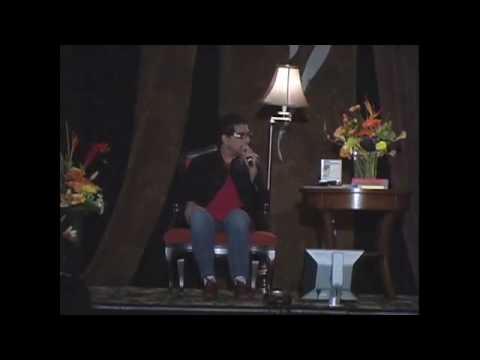Centre Ludmer Centre
It is deeply mysterious that consciousness can arise in the physical world. In this talk Dr Hardy looks at whether we can gain any insight into this by thinking about the foundations of quantum theory. He develops three separate strands of thought. The first is that quantum theory is fundamentally an operational theory – it invokes the notion of agents making choices and making observations. The second strand concerns computation. If we think of the brain as a computer of some sort, then we need to have the right theory of computation. Is the brain a classical computer, a quantum computer, or even a quantum gravity computer? The third strand concerns quantum entanglement. He discusses an experiment in which humans are used to switch the settings at each end of an experiment in which quantum entanglement is shared over a large distance (1000km) and the implications an anomalous result would have for the study of mind.
Lucien Hardy is a theoretical physicist at the Perimeter Institute for Theoretical Physics in Waterloo, Canada. He is known for his work on the foundation of quantum physics including Hardy’s paradox, a thought experiment he devised in 1992, and his widely cited 2001 axiomatic reconstruction of quantum theory that led to a surge of papers in this area. He is working on operational approaches to Quantum Theory, Quantum Field Theory, General Relativity, and Quantum Gravity.
The Ludmer Centre for Neuroinformatics & Mental Health, a global hub for big-data sharing and analytics in neuroscience, is leading the research revolution in neuroinformatics and mental health.
Lecture date: February 13, 2019
Lecture series @ McGill University, partners:
– Ludmer Centre for Neuroinformatics & Mental Health
– Quantitative Life Sciences PhD program
More video lectures: http://ludmercentre.ca/newsletter/video-gallery
Upcoming events: http://ludmercentre.ca/events
Source



